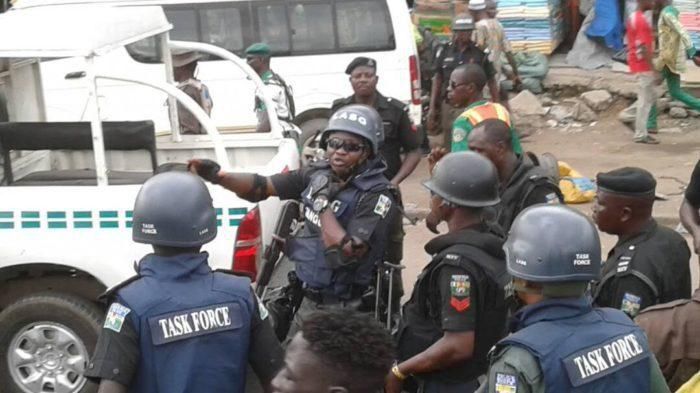The operation carried out by the Taskforce of persons apprehended for begging on the roads of Lagos raises critical questions about public safety and health in the region. The apprehension of 27 individuals, including 15 minors, highlights the magnitude of the problem of begging on public roads, endangering both the beggars themselves and the drivers of vehicles.
The decision of the Taskforce to carry out this special operation reveals a legitimate concern for the welfare and cleanliness of public space. The roads frequented by beggars are risk areas, where the interaction between pedestrians and vehicles can have tragic consequences. By apprehending these individuals, local authorities are trying to ensure road safety and prevent possible accidents.
Furthermore, the arrest of minors involved in begging raises broader social concerns. These children are often victims of a system that exploits their vulnerability for financial gain. By removing them from the streets, the authorities have the opportunity to offer them a better future, protecting them from the dangers of urban life and giving them access to education and essential social services.
However, it is important to highlight that begging is often the result of difficult economic circumstances, without adequate job opportunities or social support. Therefore, to address this problem in a sustainable manner, it is essential to put in place social and economic reintegration initiatives, aimed at breaking the cycle of begging and providing individuals with dignified livelihood opportunities.
In conclusion, the operation of the Group of People Apprehended for Begging in Lagos highlights the complex challenges that society faces in terms of security, child protection and the fight against poverty. By adopting a holistic approach that combines the repression of illegal practices, the protection of children’s rights and the promotion of economic development, the authorities will be able to gradually transform these areas of precariousness into spaces of prosperity and equity for all.

